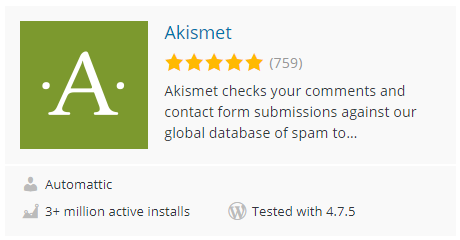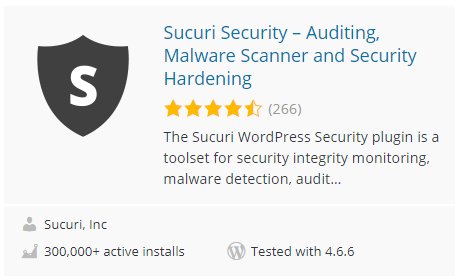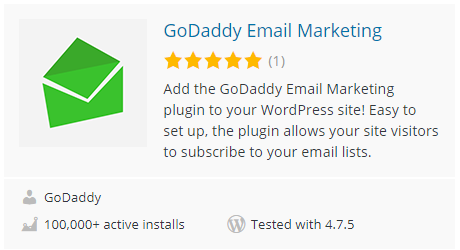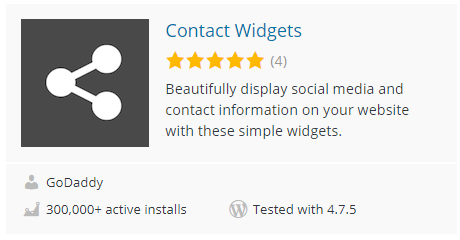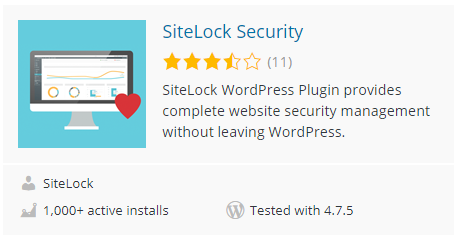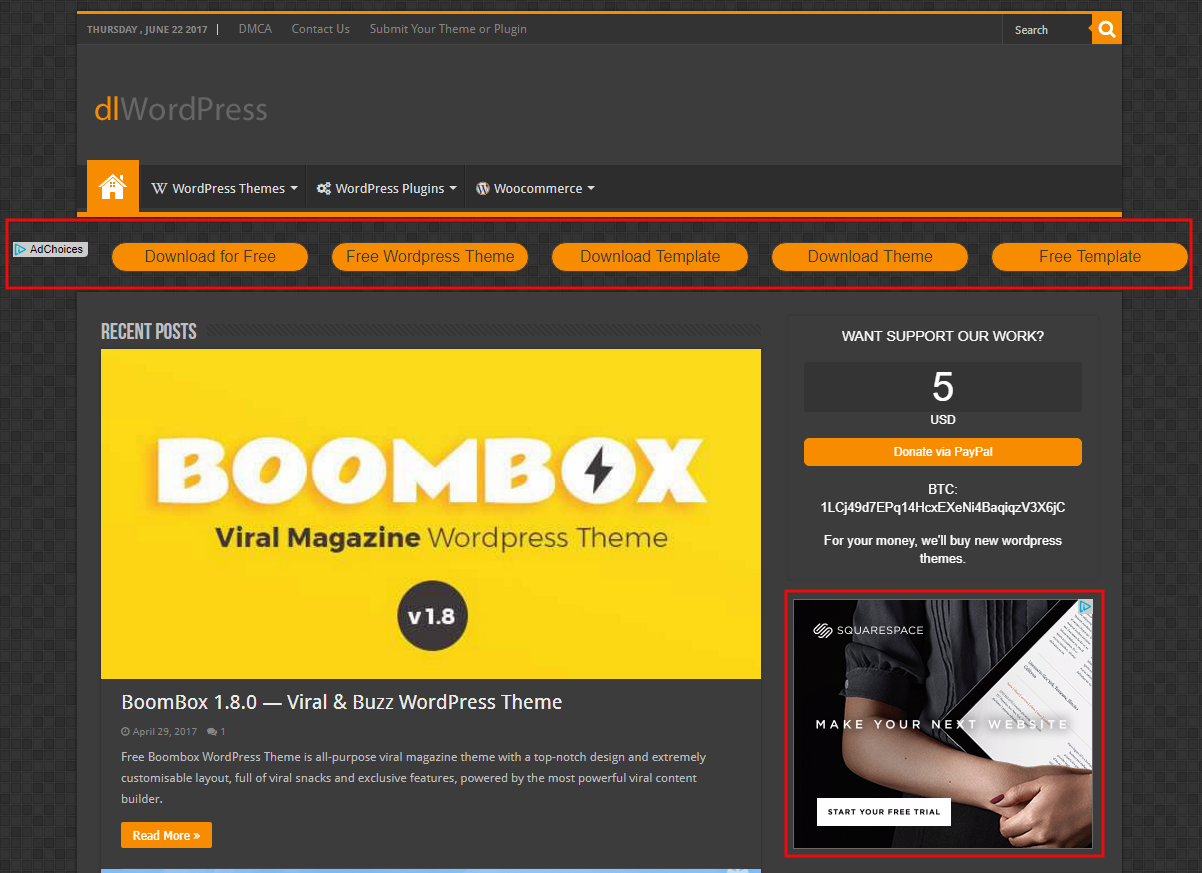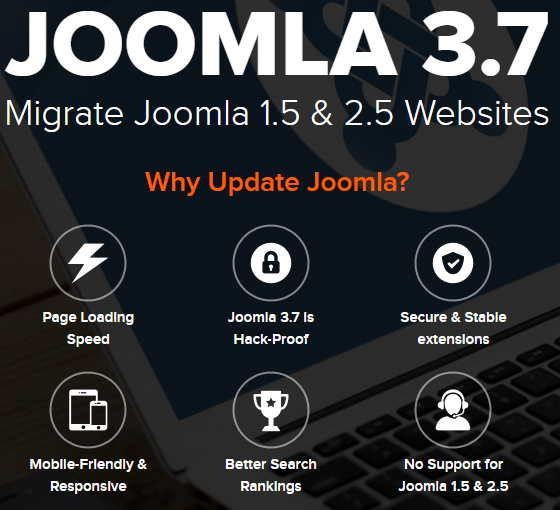On about a daily basis we are dealing with people that come to us looking for advice and or help after having an interaction with web security company SiteLock. To make sure we are providing them the best information possible we keep track of what is being said by others about SiteLock as that helps us to be able to explain things that are brought up with us that otherwise wouldn’t make much, if any, sense.
A recent complaint about them that we ran across brings up something that we have been getting a lot questions about recently, so we thought posting on that would helpful.
Here is the complaint from the SiteLock’s BBB page:
We needed help to clean our website (they were referred to us from *********)- we are a children’s educational program and our site had been hacked by an Asian Pornography site. We were about to be featured on national TV so we needed a fix quickly. We were told that our only option was a one year…contract at $99/month- and that everything on our site would be fine. Within 30 days we still had issues and contacted them-ended up having to leave ********* and set up clean,virus-free hosting and change site- at considerable expense to us–were told we were responsible for entire contract. Cherise at first said if we waited until the first 4 months were up we could then cancel and that would count. When I called at the end of that 4 months I was told it was too late and we needed to pay-all anyone ever repeated was “you signed a year contract’. We DID try to cancel within 30 days- which under Florida law – businesses are required to follow. We were forced to pay.
There is no reason that you need to get in to a long term contract to get a hacked website cleaned up, especially a $1200 a year one. We and many others offer one-time clean up services, which are much cheaper than that, and in at least our case, won’t leave you with unresolved issues. Based on everything we have seen the reason why SiteLock pushing this type of plan is that they and their commissioned sales people are trying to get as much money as possible out of people (we recently interacted with a current SiteLock customer that they tried to sell an additional unneeded service on the basis harmless activity occurring on the website).
While there are web hosts that will strongly push their customers to hire SiteLock to clean up a hacked website, if you ask them directly they will tell you don’t have to use SiteLock. The reason they are pushing SiteLock, isn’t that SiteLock does a really great job at cleaning up hacked, as complaints like the one above show, but it is because they are getting paid by SiteLock and in the case of one of SiteLock’s biggest partners because they are run by SiteLock’s owners. Interestingly in the complaint the web host has been redacted at least once, leaving people unaware of the level of connection they had with SiteLock in this instance.
That the customers was still having issues isn’t all that surprising when you consider SiteLock doesn’t do the work needed to make sure the things they claim lead to website reinfections are done when doing cleanups and unlike any other company that we have been brought in after to re-clean a website, they do such a bad job in some instances that they leave websites broken.
Resolved?
One question we get asked about fairly often that we don’t really have a good answer to, is what to do if somebody has run into a situation like the one in the complaint (that is part of why we have a focus on making sure people don’t get involved with SiteLock in the first place). The responses to this complaint indicate it might to be to file a complaint with the BBB, though that isn’t clear.
Here is SiteLock’s response, which indicates that it was resolved:
In regards to complaint #********, we apologize for any confusion or frustration the customer may have experienced. At SiteLock, we always strive to deliver exceptional customer service. Although a contract with agreed upon terms had been signed, our number one priority is delivering the… highest levels of satisfaction. We have taken immediate actions to address the issue, and are happy to report the matter is resolved.
But the customer’s response seems to indicate that SiteLock hadn’t actual resolved it yet:
Better Business Bureau: I have reviewed the response made by the business in reference to complaint ID ********, and find that this resolution would be satisfactory to me. I will wait until for the business to perform this action and, if it does, will consider this complaint resolved. Regards, **** *******
If you have been able to get a refund or otherwise get yourself unwound from a SiteLock contract please leave a comment so that others can have a better idea of what might work for them.









